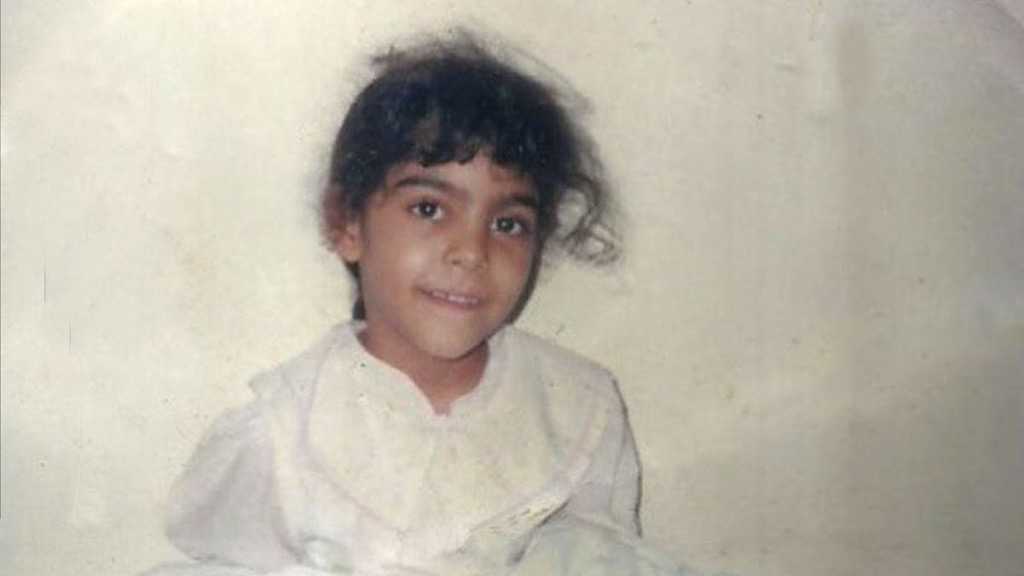
Official information from the Kingdom of Saudi Arabia confirms that the prosecution has changed its request in the case of human rights advocateIsraa al-Ghomgham, converting it from the death penalty to life in prison. This change follows four sessions that were held in the trial of al-Ghomgham beginning in August 2018. The first session took place without a lawyer, followed by three troubled and ambiguous sessions that the authorities did not have al-Ghomgham attend. This comes amidreportst hat the authorities intend to withhold legal assistance from her.
In October 2018, international experts issued a statement listing the violations against female detainees in Saudi Arabia, expressing their deep concern over al-Ghomgham’strial in the Specialized Criminal Court for terrorism,as well as the lack of legal rules. They stressed the importance of not using measures designed to combat terrorism to suppress or curtail human rights work and emphasized that human rights activity and terrorism must not be confused.
The European-Saudi Organisation for Human Rights (ESOHR) believes that the move to change the prosecution’s request for the death penalty cannot be considered a remedy for the injustice against al-Ghomgham, given that she faces charges related to peaceful practices, freedom of expression, and defense of human rights. Thus, the basis of her prosecution is unjust and continues to put pressure on peaceful activists.
Furthermore, the prosecution lifted the death penalty on al-Ghomgham while keeping it for four of her fellow detainees in the same case: her husband Mr. Moussa al-Hashim, Ahmed al-Matrud, Ali al-Awayshir, and Khalid al-Ghanim. This raises questions about the nature of thestandards and laws used, especially since they face charges that are identical or similar to the charges against al-Ghomgham. International human rights lawyer, Oliver Windridge, has analyzed the prosecution’s instruction in this case and concluded in his preliminary brief that the list of charges constituted a violation of international human rights laws because the charges “fall short of the criteria for the most serious crimes, and are also a violation of the right of the accused to freedom of opinion, expression, and protest, with the majority of charges relating to protest activity. ” In the view of the ESOHR, this double standard in the charges and punishments sought by the Public Prosecutor – who reports directly to the king – is proof of the lack of standards in the Saudi justice system.
The ESOHR also stresses that the prosecution’s move brings to the fore the fate of 58 detainees, including 8 children, who face the risk of execution at various levels of litigation even though they face non-serious charges and have not received fair trials. The ESOHR has already observeda number of violations involving the trials, including denying detainees the right to self-defense and extracting confessions under torture.
The ESOHRemphasizes that lifting the death penalty in no way obscuresthe truth about the political use of this punishment in Saudi Arabia, particularly given the increasing number of executions. In 2018, Saudi Arabia executed 149 people. In the first month of 2019, 22 people were executed, including four Yemenis who were executed en masse despite confirmation that one of them was innocent and information that he was a minor. This comes despite official promises that the Saudi government will change its approach to the death penalty, including Crown Prince Mohammed bin Salman’s April 2018statement, in which he stressed that work was taking place to minimize the death penalty; in reality, 127 executions have been carried out since then.
The ESOHR underscores that the arrest and trial of human rights advocate, Israa al-Ghomgham, is a model of the oppression directed by the Saudi government against anyone who exercises rights such as freedom of opinion, demonstration, etc. The ESOHR makes clear that what al-Ghomgham is experiencing is due to her peaceful human rights activities, her role in the demonstrations in Saudi Arabia in conjunction with the Arab Spring in 2011, and her demand for rights through social media.
The ESOHR places the Public Prosecutor’s change in requesting the death penalty in the context of attempts to distract attention from violations. The organization stresses that any positive change depends on bringing about a radical transformation in the structure and the issuance of verdicts, and it demands a review of all judgments and their compliance with the requirements of a fair trial.
